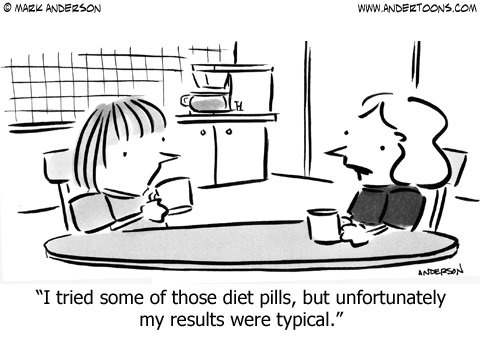| Your Results For | Result |
|---|---|
| Your BMI | |
| Weight |
| Weight | BMI |
|---|---|
| Underweight | Below 18.5 |
| Normal | 18.5-24.9 |
| Overweight | 25.0-29.9 |
| Obese | 30.0 and above |
looking for ways to improve your bmi?
The world is full of differences in opinions about what is considered to be a healthy weight. From television shows to magazines, Americans are inundated with these contrasting ideas and opinions. These ideas of an individual's ideal weight are often far from what the doctor considers to be healthy. And isn't the idea of a healthy weight something that your doctor should have a say about what is right?
Your Body Mass Index or BMI is one of the ways that doctors use to determine if an individual is at a healthy weight. It helps a doctor monitor the possible health risks that go along with being obese, overweight, or underweight. Although it is not the only tool they use to determine an individual's health, it is one of the main sources that they use.
Your BMI is a calculation based on your height and weight. If you know your height and weight, you can either enter your numbers into an online BMI calculator or calculate the rate manually. To calculate it manually, you square the number of your height in inches. Next you divide your weight by the number that you calculated as your height squared. Then, multiply that answer by 703 to obtain your BMI.
OK, now you have your BMI number, but what does the number mean? If your BMI is 18.6 to 24.9, you are considered to be at a healthy weight. Anything under 18.5 is underweight, and anything over 25 is overweight. If your BMI is greater than 30, you are obese per the BMI scale.
If your BMI is higher than your doctor feels is healthy or higher than you want it to be, you are probably wondering how you can lower it. Check out the following five strategies to improve your BMI and see where you can apply these changes.

Drink More Water
It is a known fact that your body needs water, but did you know how much water works to keep you at a healthy weight? Simply stated, water boosts your metabolism while cleaning your body out of all the junk. If you are trying to lose weight, you can take advantage of not only these benefits of water, but also the following:
- Water Is a Hunger Suppressant: When you feel that you are hungry or want to snack in between meals, drink a large glass of water. You will be surprised how quickly water will fill you up and suppress your need to eat. Additionally, if you drink water while eating, you will fill up and eat less.
- Water Replaces Calorie-Filled Drinks: Water has zero calories and is a great replacement for any other beverage.
- Hydration Keeps Your Body Working Properly: By drinking enough water each day and staying hydrated, you are assisting your body parts in working correctly. This includes keeping your metabolism running and boosting its effectiveness.
Keep a Food Journal
So many people snack or eat without ever thinking about how that food consumption adds up. Under normal circumstances, your snacking habits may not be an issue. However, if you are trying to lose weight and drop your BMI number, every bite counts.
Considered keeping a journal of all the food you eat each day. When you keep track of everything you eat, it may surprise you about how much more you consume than you think you do. By writing it down, you are more aware and thus less likely to eat more than you need.
Cut Your Calories
What is the first thing that comes to mind when you are trying to lose weight? Diet and cutting calories.
As simple as it sounds, cutting back on the number of calories you eat each day will help you drop your unwanted weight. It is suggested that you cut 500 to 1000 calories per day to lose weight. By making this cut, you can expect to see up to a two-pound loss per week. Although a two-pound-per-week loss may not sound like a lot, it is considered a healthy rate to lose weight.

Add Minimal Exercise
You have started drinking water, keeping track of your food, and cutting calories, but your weight loss has stalled. Try adding some simple exercising, such as walking, to your routine. It is amazing how many more calories you can burn during the day just by walking more. Instead of taking the elevator, take the stairs. There is no need to park close to the entrance of the store; park at the back of the lot and walk a few extra steps. It will surprise you how quickly those extra steps add up and how your weight and BMI drop.
Outside of adding walking to your routine, you can add other simple exercises that you can easily do in the privacy of your home. Try doing push-ups or sit-ups during the commercials while watching television or do wall sits, squats, or lunges while talking on the phone. There are several small exercises that you can add into your daily routine that will make a big difference in lowering your BMI.
Get a Trainer
If adding a few exercises to your routine does not make a significant difference in your weight loss and BMI goal, consider hiring a personal trainer. A personal trainer is a professional who is trained to help you reach your physical goals. They are wise in the ways of the gym and can design a program specific to your BMI goals. Although not everyone feels the need to hire a trainer, if you are serious about improving your BMI, a trainer is a great option.

Your BMI is not the only factor in determining your healthy weight, but as you can see, it does have its place. More importantly, knowing your BMI helps you have a good starting point with determining if you need to be concerned with your weight.
